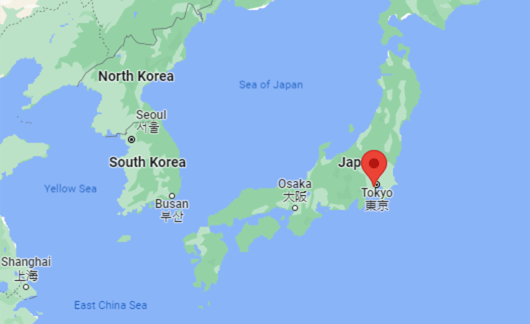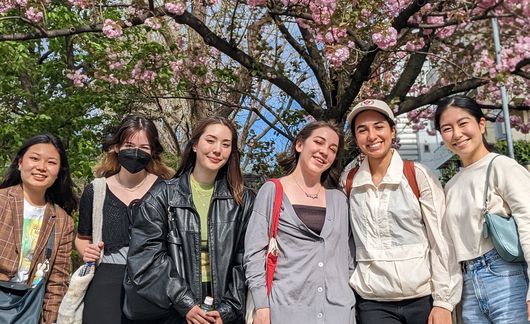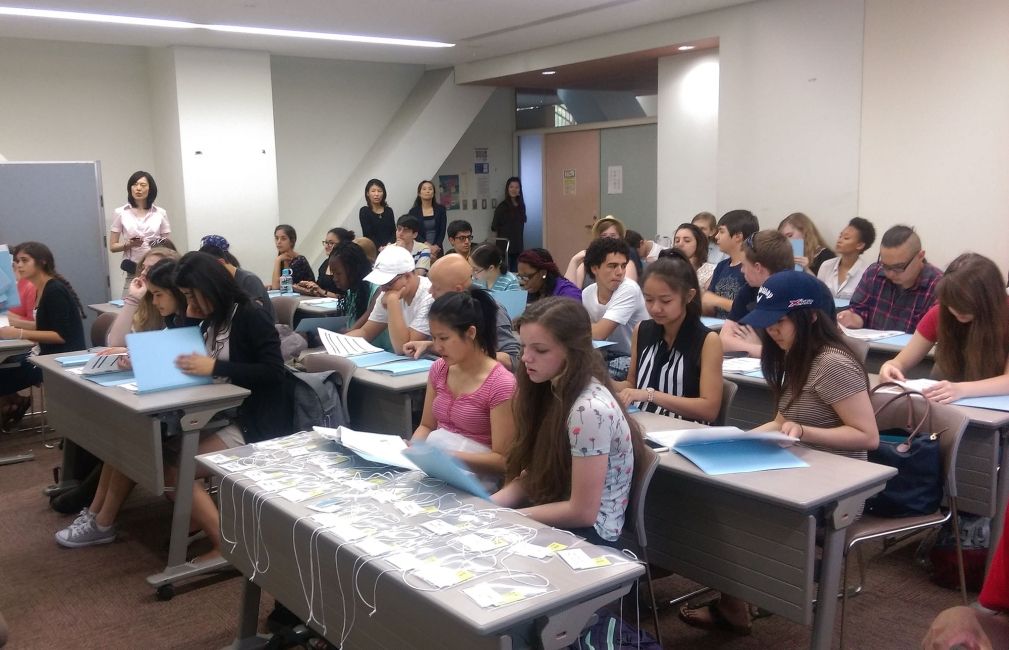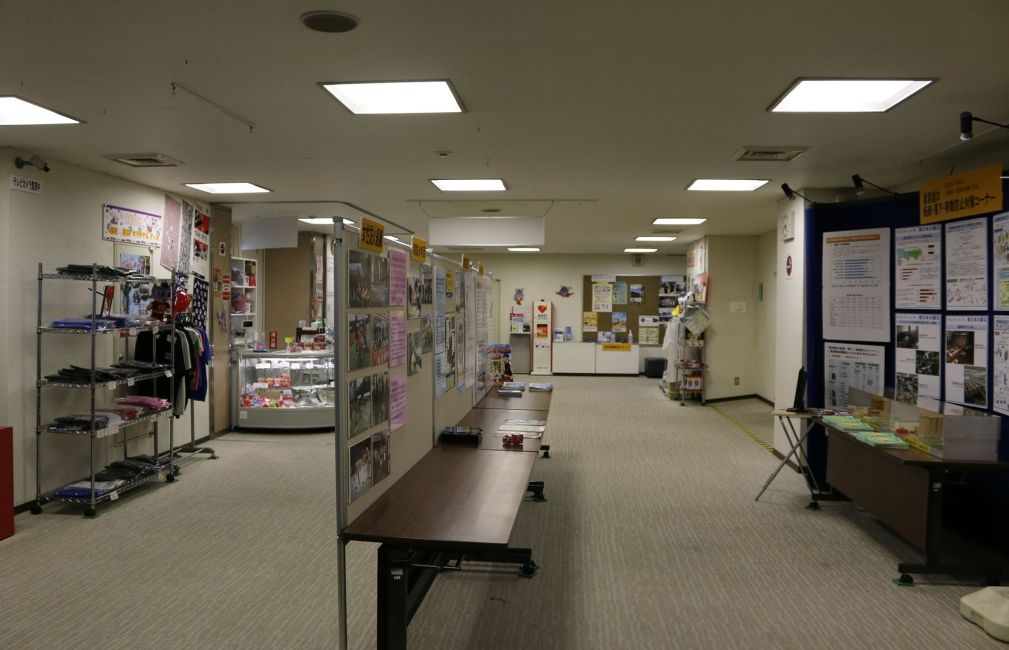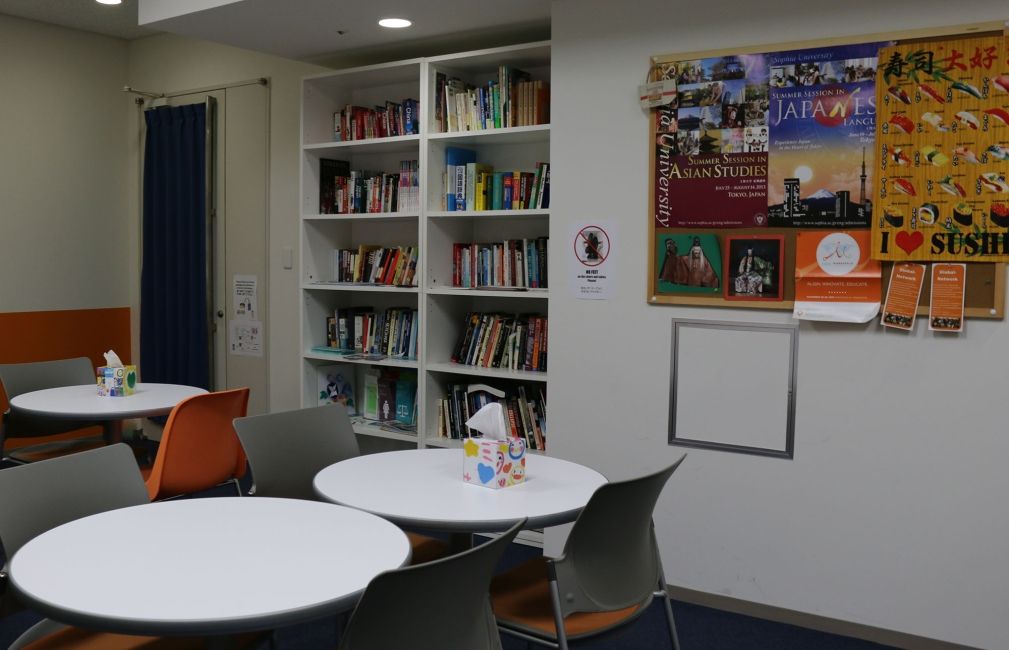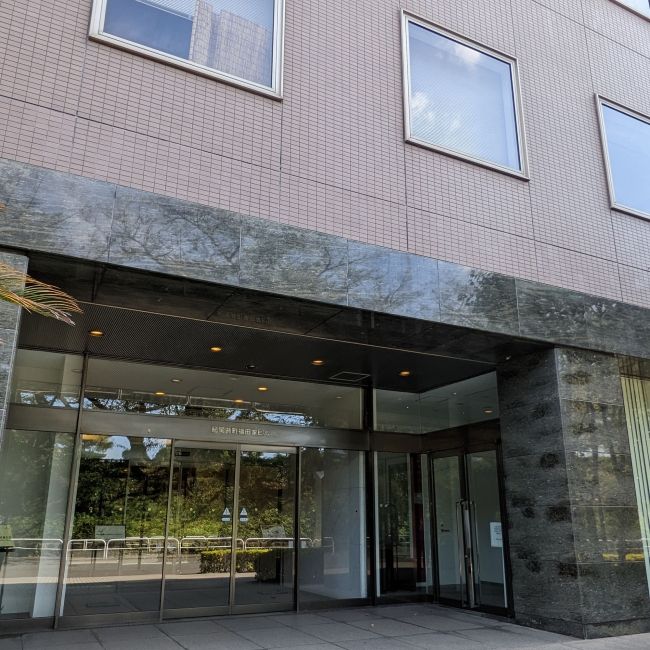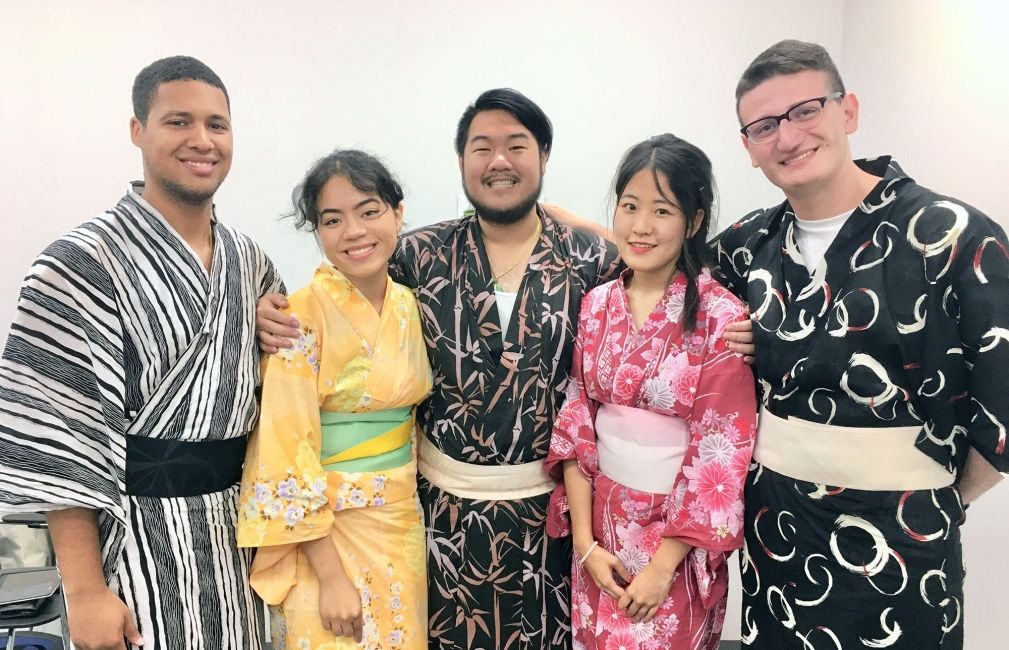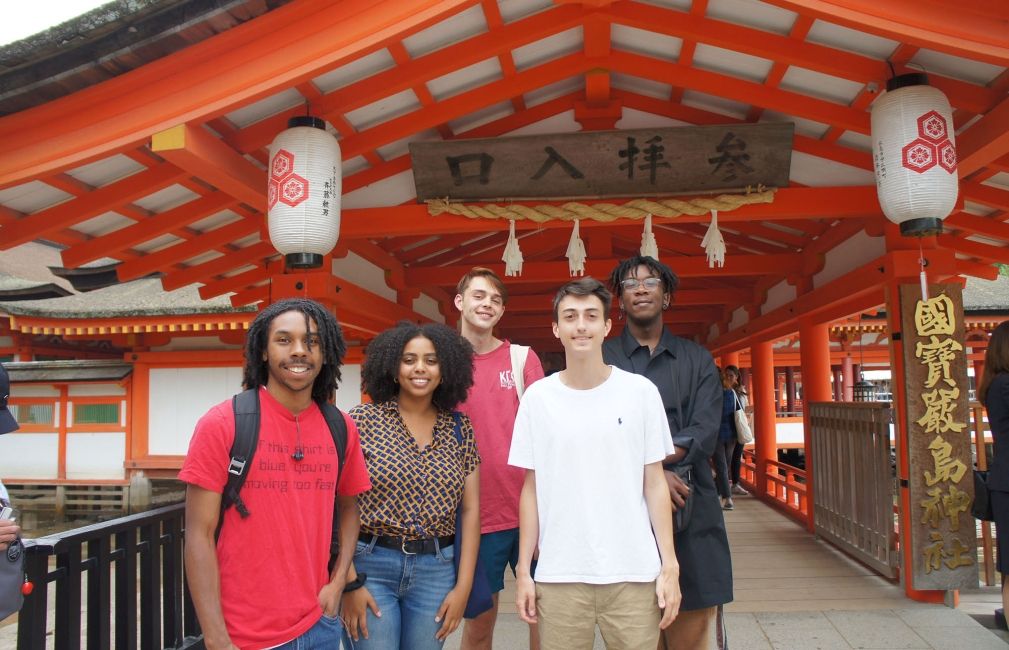
Study Abroad in Tokyo
College Study Abroad
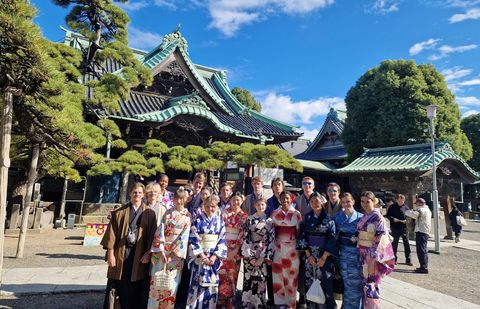
Explore Tokyo with CIEE
Experience the thrilling fusion of history and cutting-edge technology when you study abroad in Tokyo, Japan, a city that constantly reinvents itself while honoring its rich cultural roots. Explore serene temples alongside towering skyscrapers, savor sushi at world-famous markets, and dive into iconic neighborhoods such as Shibuya and Asakusa. Join seasonal celebrations like cherry blossom festivals and summer fireworks, experience traditional tea ceremonies, and navigate daily life surrounded by the subtle beauty of Japanese customs. With endless discoveries around every corner, Tokyo study abroad promises a one-of-a-kind cultural journey that will expand your horizons and create lasting memories.
Studying abroad in Tokyo also presents an opportunity to complete a full- or part-time internship. Internships span various industries, including business, marketing, arts, sustainability, and technology, allowing students to gain hands-on international work experience and develop essential skills for today’s global job market. This integration of academic learning and real-world experience ensures that students leave Tokyo with not only a deeper understanding of Japan but also a competitive edge in their future careers. By choosing Tokyo as your study abroad destination, you’ll discover a city that perfectly balances tradition and innovation, offering an unparalleled cultural, academic, and professional journey.
Top Activities in Tokyo with CIEE
Every CIEE semester program has frequent cultural excursions, and a multi-day study tour uniquely designed to complement the program’s academics and enhance students’ cultural immersion. In Tokyo, past study tours and excursions have included:
- Visits to Enoshima Island, home to the Enoshima Shrine, hot springs and the Sea Candle Lighthouse
- Weekend excursions to other regions in Japan, including Tochigi, Gunma, Chiba, Kanagawa, or Yamanashi
- Visit the Tokyo Dome to experience a variety of events, including baseball games, concerts, mixed martial arts events, and more
About CIEE Tokyo
Situated in Chiyoda ward, a special ward in the heart of Tokyo, CIEE Tokyo features a student lounge, library, student life office, academic advising office, and complimentary Wi-Fi. The CIEE Center is conveniently located near subway stations, making it a prime spot to travel to other parts of the city easily.
Beyond CIEE Tokyo, students can explore some of Japan's most important landmarks, like the Imperial Palace, the prime minister's office, and the supreme court. The city also offers plenty of amenities, like shops, restaurants, and cafés.
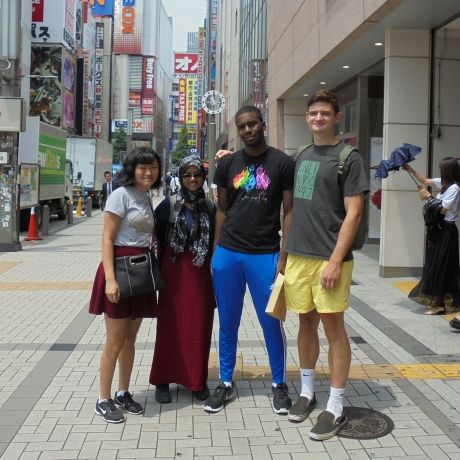
Where You'll Study in Tokyo
CIEE Tokyo
CIEE Tokyo is located in Chiyoda City, a special ward in the heart of Tokyo.
Sophia University
Founded by Jesuits in 1913, Sophia University is one of the leading universities in Tokyo. It welcomes more than 13,000 students, including international students from more than 90 countries. In addition to Japanese language courses, CIEE students will take courses through the Faculty of Liberal Arts.
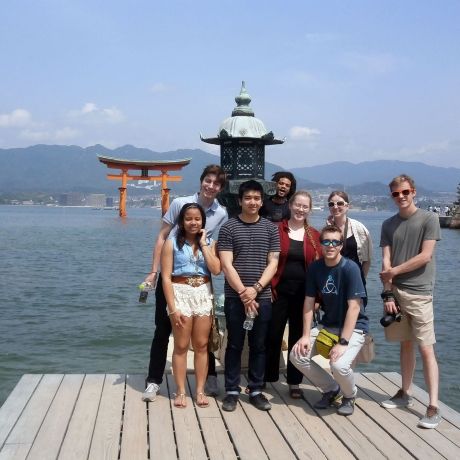
Internships & Volunteering in Tokyo
Depending on their program of study and availability, students may be able to participate in an international internship or volunteer work abroad in Tokyo. Students interested in interning in Tokyo can take advantage of non-credit internship opportunities at a variety of businesses or NGOs.
Students looking to volunteer abroad in Tokyo can help local schools, collect food for the homeless, or volunteer to support disabled youth.
Study Abroad Programs in Tokyo
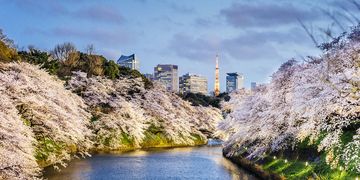
- Tokyo, Japan
- Study Program
- Part-Time Internship

- Tokyo, Japan
- Study Program

- Tokyo, Japan
- Study Program
- Part-Time Internship
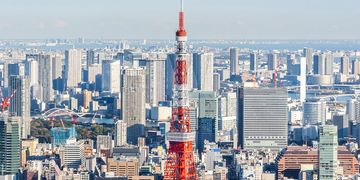
- Tokyo, Japan
- Full-Time Internship
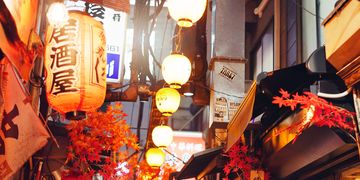
- Tokyo, Japan
- Study Program
- Part-Time Internship

- Tokyo, Japan
- Study Program
- Part-Time Internship

- Tokyo, Japan
- Study Program
- Full-Time Internship
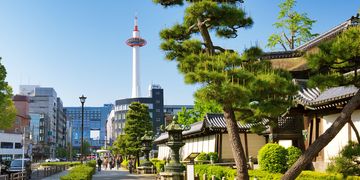
- Tokyo, Japan
- Study Program

- Tokyo, Japan
- Study Program
- Part-Time Internship

- Tokyo, Japan
- Study Program
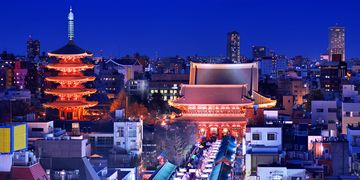
- Tokyo, Japan
- Study Program
Currency
Yen
Spoken Languages IN Tokyo
Japanese, English
Available Transportation
Subway, train, bus
Famous Local
Hayao Miyazaki – famous Anime director known for Spirited Away and My Neighbor Totoro
Climate
Humid subtropical climate with warm summers and mild winters with an average annual temperature of 62° F
Local Attraction
Tokyo Imperial Palace – the residence of Tokyo’s Imperial Family
Did you Know
The cherry blossom is Japan's unofficial national flower
Airport
Haneda Airport (HND)
Social Norms
Slurping noodles is perfectly acceptable – it’s actually the proper way to eat ramen!
What to Pack
Comfortable shoes, toiletries, passport
Frequently Asked Questions
Tokyo is known for its iconic landmarks, Anime, electronics, manga, and video games, to name a few. Famous attractions in Tokyo include the Meiji Jingu Shrine, Tokyo Skytree, Shibuya Crossing, and Tokyo Tower, making it a unique place to study abroad for students interested in history, media, Japanese, and so much more!
Read more: Study Abroad in Japan: FAQs
If you’re wondering, “How can I study in Japan?” CIEE’s program offerings in Tokyo and Kyoto allow you to do just that. By simply selecting your study abroad program in Japan, connecting with your on-campus study abroad office, and filling out your application, you can explore Japan on a CIEE study abroad program.
Tokyo, although crowded with a population of over 13 million, is regarded as a clean, safe, and exciting city. With a wide variety of shopping and entertainment options across the city, Tokyo is a vibrant city for students looking to immerse themselves in Japanese culture, history, and language.
For students studying abroad in Tokyo, we recommend that they get acquainted with the city’s public transportation system, and learn and use as much Japanese language as possible.
In order to ensure our students feel welcomed, supported, and empowered while studying abroad, CIEE staff completes comprehensive diversity equity and inclusion (DEI) training. Staff provide students with advice, resources, and ongoing support both before and during their study abroad program in Tokyo.
For more detailed information on diversity in Tokyo, visit our Diversity in Tokyo page.
The cost of studying abroad in Tokyo varies depending on the specific program that you choose and how long you plan to study abroad for. For detailed cost information, we recommend researching each individual Tokyo study abroad program page.
For costs not included in your program’s outlined fees, it’s important to consider factors surrounding your individual journey while abroad.
Read more: How Much Does it Cost to Study Abroad?
Yes, you can absolutely complete an internship abroad in Tokyo with CIEE. Our international internship programs allow college students to choose from a variety of full- and part-time internships abroad in a variety of fields, including manufacturing, finance, hospitality, healthcare, public policy, and more!
Search our internship opportunities to get started!
Study Abroad Scholarships & Grants

Apply in 1,2,3!
You may be wondering if there are any scholarships to study in Tokyo. CIEE offers scholarships and grants for study abroad programs in Tokyo to students with demonstrated financial need, proven academic merit, and for specific CIEE programs. Students can apply for scholarships through 3 simple steps:
- Search for and apply to your dream program
- Review all available funding opportunities
- Complete the Scholarship & Grants portion of your application
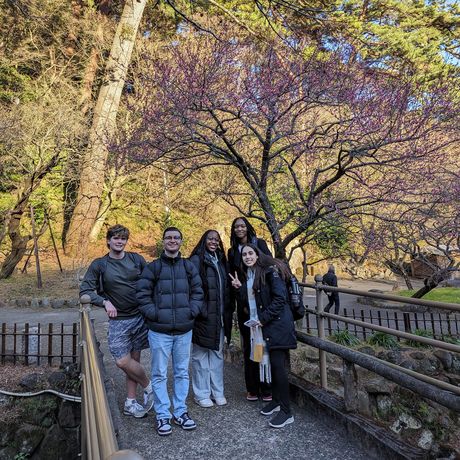
Study Abroad Scholarships
NEED-BASED SCHOLARSHIPS
Based on students' Estimated Family Contribution (EFC) from their Free Application for Federal Student Aid (FAFSA) and enrolled institution. Complete the Scholarships & Grants portion of your program application to be considered for all awards to which you are eligible.
MERIT SCHOLARSHIPS
Based on academic achievement. Complete the Scholarships & Grants portion of your program application, along with an essay, to be considered for all awards to which you are eligible.
OTHER SCHOLARSHIPS
Other scholarship awards are based on program or alumni status.
Tokyo Study Abroad Blog

2 Best Places to Study Abroad in Japan
Simply put, Japan is incredible. This captivating country is comprised of a dynamic culture, natural beauty, ancient history, modern advancements, and tons more, making it a fantastic study abroad location... keep reading

7 Best Japan Study Abroad Programs
Passionate about ancient history, a diverse culture, modern advancements, and incredible natural landscapes? Then a study abroad adventure in Japan is the perfect opportunity for you. Read on as we... keep reading

Top 10 Japanese Slang Words & Phrases You Must Know
Textbook Japanese is great and all, but if you really want to impress the locals, you need to know Japanese slang terms. These aren’t the phrases you’ll learn in class... keep reading
